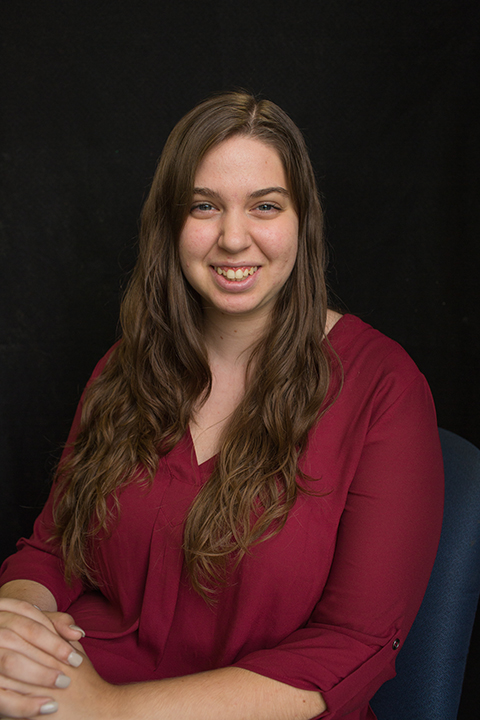In recognition of the multicultural world in which we live, most majors at Baylor require the study of a language other than English. I understand that. What I don’t understand is why Baylor does not recognize a language that is the only option for millions of people worldwide: sign language. Baylor’s own department of modern languages and culture’s website cites the need for proficiency in a second language to be able to participate in “today’s multicultural society and global community.” The website also points to Baylor’s Mission Statement: “The mission of Baylor University is to educate men and women for worldwide leadership and service by integrating academic excellence and Christian commitment within a caring community.” Do those millions who are deaf not deserve to be served by our academic excellence and Christian commitment? Baylor should recognize the value of the deaf community and culture by allowing all students to study American Sign Language (ASL) as part of their degree plan.
I am particularly interested in this subject because I am a journalism and political science major and a sign language interpreting minor.
In my degree plan I have several options for my language requirement, including Arabic, Chinese, French, Italian, Korean, Portuguese, Russian, Spanish, Swahili, Latin, Greek, Hebrew, Akkadian, Aramaic, Syriac, and Ugaritic.
You may have noticed that ASL, although it is taught at Baylor, is not an option for me. I can take Swahili or Ugaritic but not ASL. I’m advocating for the acceptance of all cultures and languages we have the resources to teach. As a student who will already be taking several ASL classes and as a student who grew up around ASL, I naturally asked why the ASL classes I was taking wouldn’t count toward my language requirements. I was told that in the College of Arts & Sciences. ASL is not an accepted language to fulfill the requirement. Other majors such as communications sciences and disorders, nursing and interior design may take ASL as a language credit. I was informed that studying ASL does not align with Baylor’s mission statement because since it is “American Sign Language,” it does not “educate men and women for worldwide leadership.”
American Sign Language is used all over the world and has deep connections to French Sign Language. ASL performs a critical function in today’s world of Deaf international affairs and is an important language in international meetings such as the World Federation of the Deaf. ASL is the primary signed language in several countries outside North America.
ASL is a fully developed, natural language that contains linguistic structures and processes English does not. ASL is not a derivative of English and is not a simplified language. Unlike contrived signed language systems, ASL is a complete language with its own unique grammar, sentence structure and syntax. There are more than 60 years of linguistic research to support these claims.
A study completed by Deaf Opportunity OutReach International (DOOR International) found that of the estimated 70 million deaf people worldwide, less than 2 percent of them know Jesus Christ. If spreading the gospel to a relatively unreached population does not promote Baylor’s mission, I do not know what does.
I had an ASL professor at Baylor who fought this same fight when she was an ASL student at Baylor. This fight may not end with me, but I will continue to advocate for the acceptance of deaf culture at Baylor and everywhere. I hope and pray that Baylor and other institutions begin to recognize the importance and benefits of studying ASL.
Kalyn Story is a sophomore journalism and political science double major from Chicago.





